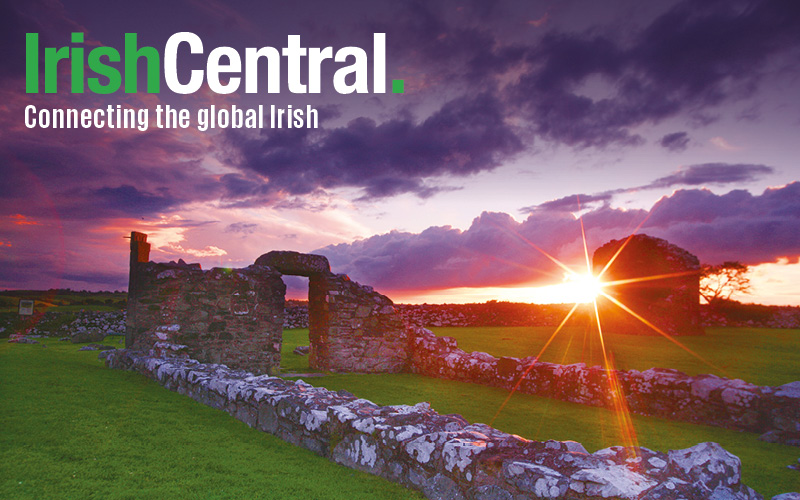The massacre of 49 people at the Pulse nightclub in Orlando last month remains mystifying. We know who perpetrated the horror.
Some people feel it is best to not mention the name of the man identified by authorities as the killer, so as not to give him any more notoriety. I’ll abide by that.
A bigger mystery surrounding the terror in Orlando is how we view it, and what we do about it, now that it is behind us.
We know how Washington reacted. Democrats wanted to pass more gun control measures. Republicans wanted a crackdown on ISIS-inspired warriors.
Donald Trump, of course, revived his call to take a long, hard look at Muslim immigrants, even though the accused killer grew up in New York.
Still, for liberals, it is too simplistic -- and quite possibly hypocritical -- to believe that gun control is the only issue at play here.
Liberals have spent recent years marveling at the advances made on the gay rights front. Gay marriage, transgender rights and other issues have moved ahead so far so fast that even those who consider themselves very open-minded are shocked at what has become the norm in American society.
All the more reason why we can’t ignore the target the Orlando killer chose -- a gay night club. It’s fair to say that if a white rural fundamentalist had done this, left wingers would be up in arms about the homophobia inherent in more extreme strains of Christianity.
But it was not a white Christian who did this, but a Muslim, whose father came to the U.S from Afghanistan. There had been speculation that, despite the apparent homophobia the Orlando killer spewed, he may well have been gay himself. And thus was a victim of his own oppressive take on Islam, was unable to come out of and live that life openly. So he twisted his emotions into a raw rage that left dozens dead.
Authorities have thus far refuted that interpretation of events.
Either way, the Orlando gunman’s unhinged father felt the need to post a video in the wake of the killing which included such charming messages as, "God will punish those involved in homosexuality," adding it's, "not an issue that humans should deal with."
Such sentiments -- to go along with fairly rampant inequality of the genders we see in sectors of the Muslim world -- are hard to ignore, especially among those of us who believe immigration and diversity are a source of American strength, rather than weakness.
And yet, I can think of another immigrant-based religion which has a problematic relationship to gays and women. Conservative Catholics sometimes become so convinced they are under siege by a secular elite that it is hard for them to see how much the Catholic experience in America mirrors the Muslim experience.
Both had to overcome bigotry and adversity. And yet, both religions also have troubling elements of intolerance.
Irish American Bishop Robert Lynch, of St. Petersburg, Florida, recently confronted this issue head on.
“Sadly, it is religion, including our own, which targets, mostly verbally, and also breeds contempt for gays, lesbians and transgender people,” Lynch recently wrote. “Attacks today on LGBT men and women often plant the seed of contempt, then hatred, which can ultimately lead to violence.”
Given the looming rancor of the presidential race, and given what has already been going on in Washington of late -- a Supreme Court stalemate, a gun control stalemate accompanied by chaotic sit-ins -- it is not really a good time to talk about people on different sides of the aisle coming together.
But the truth is, in terms of figuring out this whole melting pot thing, liberals and conservatives both have a lot of work to do. That, of course, includes the immigrants themselves.
The old “they won’t assimilate” charge is usually lazy at best, bigoted at worst, and generally involves a white person who is angry at someone for using a language other than English -- or even for speaking with an accent.
But religious belief is no excuse for a different kind of bigotry, or sexism. And more than one religion needs to confront that.




Comments